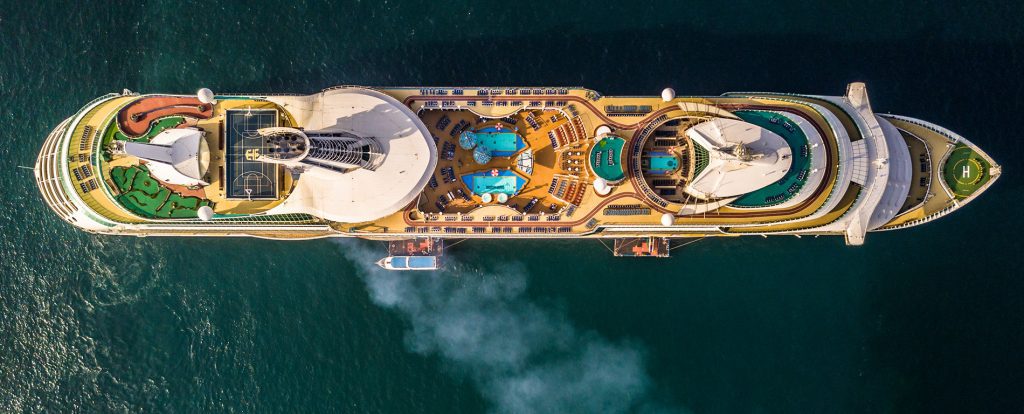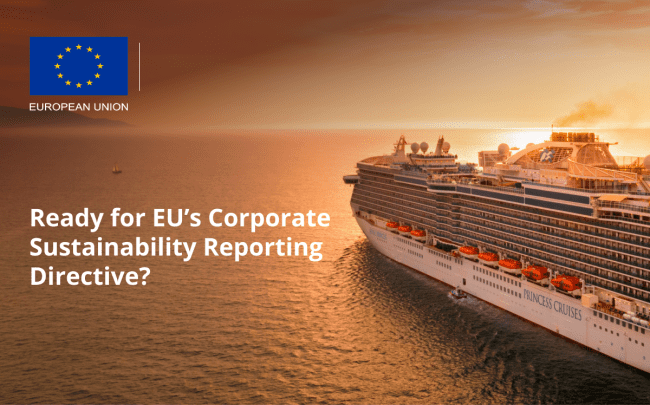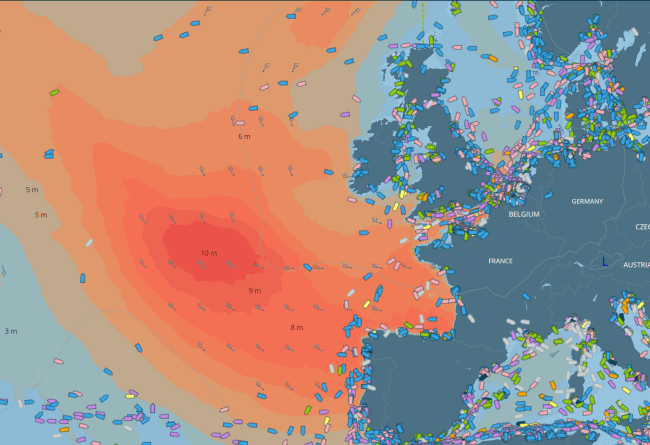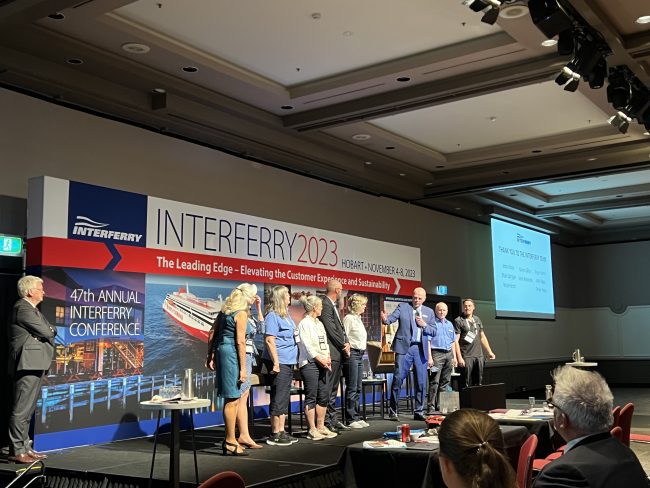The FLARE project: a journey to increased passenger ship safety
by Teemu Manderbacka and Markus Tompuri
At the end of 2019 we partnered with industry leaders as part of the European Commission-funded FLARE project with the aim of increasing passenger ship safety. Since then, our safety and shipping experts have been leading its Flooding Accident Response team. Primarily this has involved developing a risk-based methodology to enable “live” flooding risk assessment and control for the passenger sector.

Through collaboration, shared expertise and application of the capabilities of NAPA Emergency Computer and NAPA Fleet Intelligence to assess the vulnerability of an intact ship as well as its survivability in case of a flooding emergency, we have made tangible progress.
For example, in partnership with Aalto University we were able to study the existing operational data from passenger ships which had previously experienced varied and volatile weather conditions. It was through analysing this information that we were able to assess the conditions’ accident potential and estimate the risk of a flooding accident occurring.
With the help of NAPA Fleet Intelligence, we found that traffic density and bathymetry are the key factors when assessing the risk of a vessel collision or grounding. The severity of these two factors are directly related to an increase or decrease in the risk of flooding onboard a vessel. Combining the ship position data received from AIS, with sea weather conditions and bottom bathymetry, enabled us to further accurately depict real operating conditions.
The systematic study of such large volumes of data enabled us to provide statistical information on the risk that marine traffic and weather conditions pose on the flooding of passenger ships. For example, by combining the traffic with the weather encountered, we found that wave conditions are in fact less severe for passenger vessels than what general wave statistics have previously suggested.
The collaboration and the application of our software and data has provided a much improved understanding of flooding onboard passenger vessels. With the FLARE project due to run until the end of 2022, we look forward to seeing the continued impact that our research will have improving passenger ship safety.


